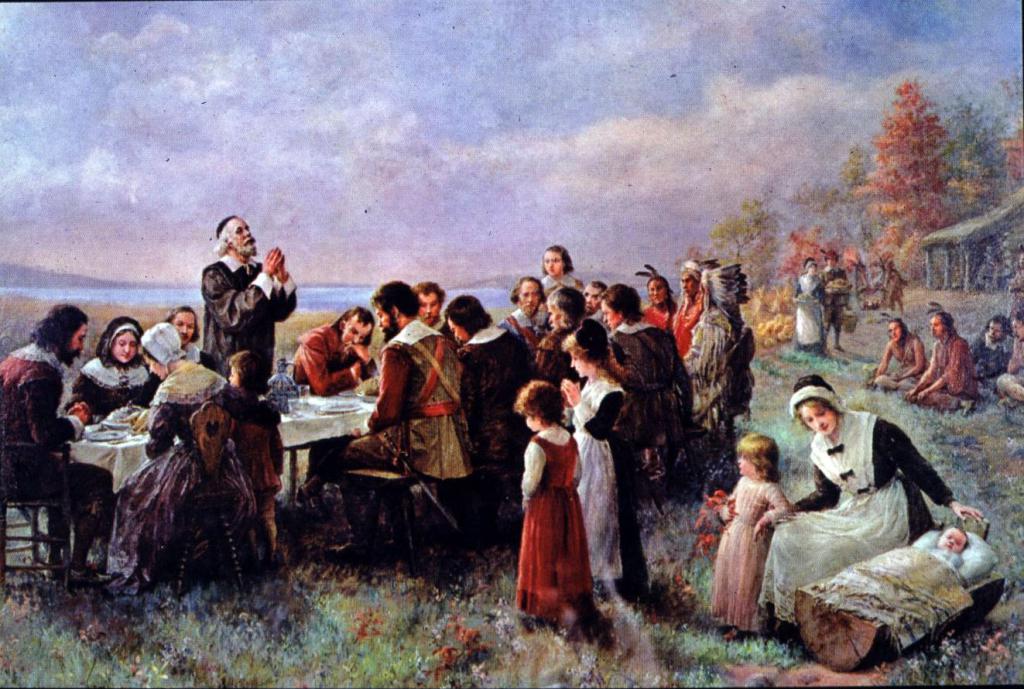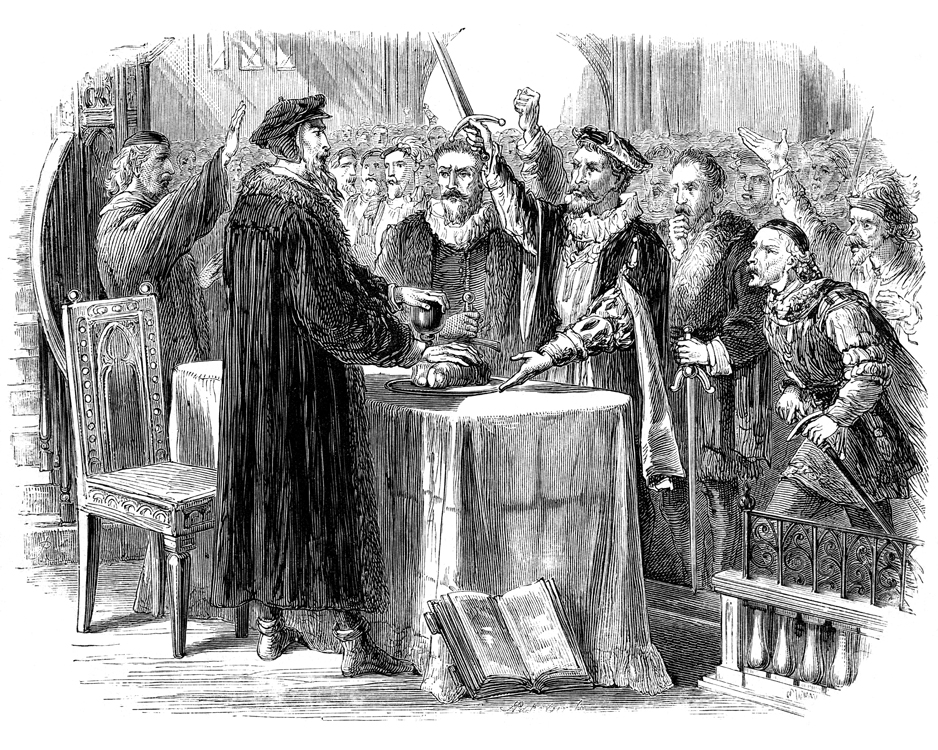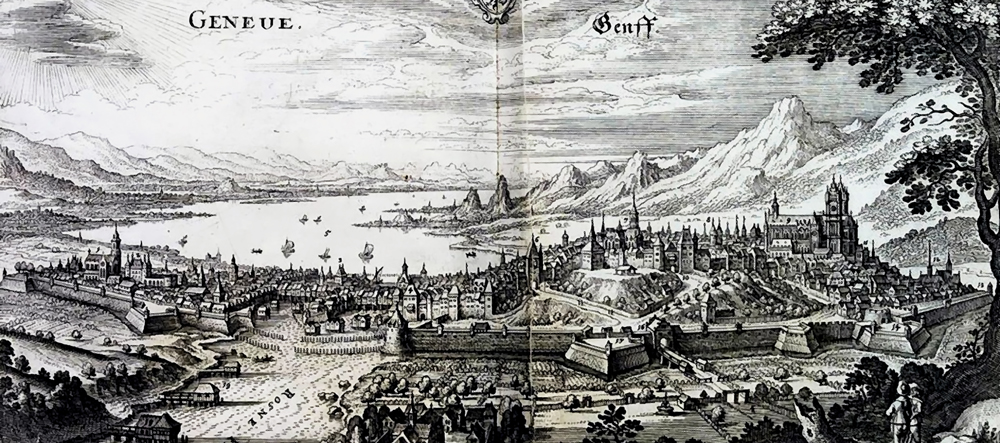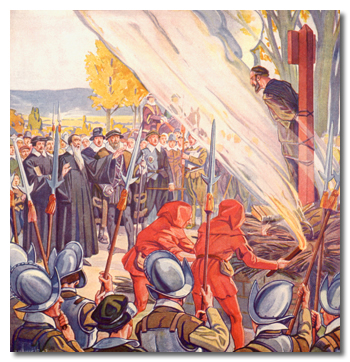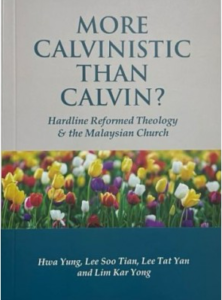 The book, More Calvinistic Than Calvin? (MCTC) was published in 2023 by a team of local seminary lecturers under the leadership of Bishop Hwa Yung. [The book is available from Canaanland Book Store]. The aim of the book is to refute what it describes as “hardline Calvinism”, and to counter the influence of “hardline Calvinism” among college students in Malaysia.
The book, More Calvinistic Than Calvin? (MCTC) was published in 2023 by a team of local seminary lecturers under the leadership of Bishop Hwa Yung. [The book is available from Canaanland Book Store]. The aim of the book is to refute what it describes as “hardline Calvinism”, and to counter the influence of “hardline Calvinism” among college students in Malaysia.
Dr. Poh Boon Sing of the Reformed Baptist Church (Damansara Utama) has just published a rebuttal of More Calvinistic Than Calvin? on the internet, Beware of the Ecumenical Agenda (BEA) [<–link to file download].
I managed only to give the new book a super quick browse. Will give it a more thorough read after completing some urgent tasks presently.
BEA offers vigorous rebuttals to what it deems to be superficial and unsubstantiated misrepresentations of (hardline) Calvinism as presented by MCTC. Malaysian Christians should read the two books and decide for themselves whether the writers of MCTC and BEA have been fair and accurate in describing the opposing views and evaluate whether the rebuttals from both sides are well-founded and cogent. Continue reading “More Calvinistic Than Calvin? Invitation to Join the Jury”
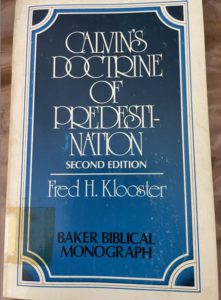 Calvin’s doctrine of predestination (election and reprobation) is not a product of philosophical deduction. It is a result of Calvin’s exegesis of Scripture. Calvin gives two concise definitions of predestination:
Calvin’s doctrine of predestination (election and reprobation) is not a product of philosophical deduction. It is a result of Calvin’s exegesis of Scripture. Calvin gives two concise definitions of predestination: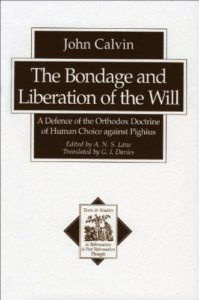
 In my earlier post,
In my earlier post, 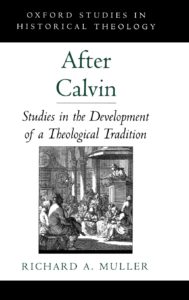 One of the problems with the “Calvin against Calvinists” scholarship is that it is based on questionable theological premises. This includes the claim that there is conflict between the predominantly scriptural and Christocentric theology of Calvin and the theology of later Calvinists or Reformed Scholasticism whose application of Aristotelian philosophy and speculative formulation of the will of God resulted in a doctrine of God which is rationalistic and predestinarian.
One of the problems with the “Calvin against Calvinists” scholarship is that it is based on questionable theological premises. This includes the claim that there is conflict between the predominantly scriptural and Christocentric theology of Calvin and the theology of later Calvinists or Reformed Scholasticism whose application of Aristotelian philosophy and speculative formulation of the will of God resulted in a doctrine of God which is rationalistic and predestinarian.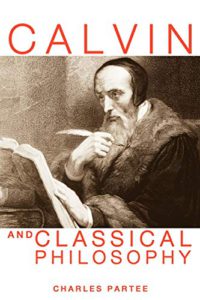 The frequent attacks on Calvinism by non-Calvinists in the Web gives the impression that Calvinism is a pernicious Christian sect. The attacks often highlight predestination as a major problem with Calvinism. The Calvinist’s doctrine of predestination is regarded as a rigid and legalistic doctrine that violates our sense of justice. It also robs the believer of his assurance of salvation.
The frequent attacks on Calvinism by non-Calvinists in the Web gives the impression that Calvinism is a pernicious Christian sect. The attacks often highlight predestination as a major problem with Calvinism. The Calvinist’s doctrine of predestination is regarded as a rigid and legalistic doctrine that violates our sense of justice. It also robs the believer of his assurance of salvation.